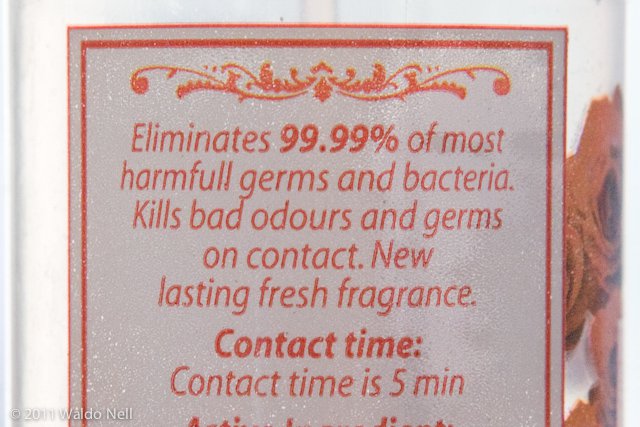Precise estimates
In mathematics, and more specifically physics, when one perform measurements of something, you need to specify the accuracy of said measurements. Take for instance your speed. Lets say you measure a set distance to be 10m, and you time someone running those 10 meters in 3 seconds. That means the average speed of the person was 10/3 meters per second.
But anyone who completed Physics 101 would know that it is not accurate to say the average speed was thus 3.3333m/s. This is due to the fact that errors were introduced in the two values being measured. The distance could not have been exactly 10m, and the time could not have been exactly 3 seconds. No device on earth can measure distances and time to perfect accuracy. One can be very accurate, but not perfectly so. Hence the margin of error. So in real life, depending on the measuring equipment used and the method of measuring, lets say the distance was actually 10.02 meters and the time 3.1 seconds. When written down like that, it is implied that the accuracy (not the resolution though) of the distance measurement is accurate to the closest centimeter, and the time measurement is accurate to the closest tenth of a second. Therefore the average speed is 10.02 / 3.1 = 3.2 m/s. I have rounded the result to one decimal point, because the time value is less accurate than my distance measurement and hence negates that extra precision. That settled, I ask you with tears in my eyes, what does "Eliminates 99.99% of most harmfull (sp) germs and bacteria" mean? If you bother to specify a value accurate to the second decimal (i.e. accurate to within 0.005% margin of error), what is the significance of the word "most"?
I am baffled.